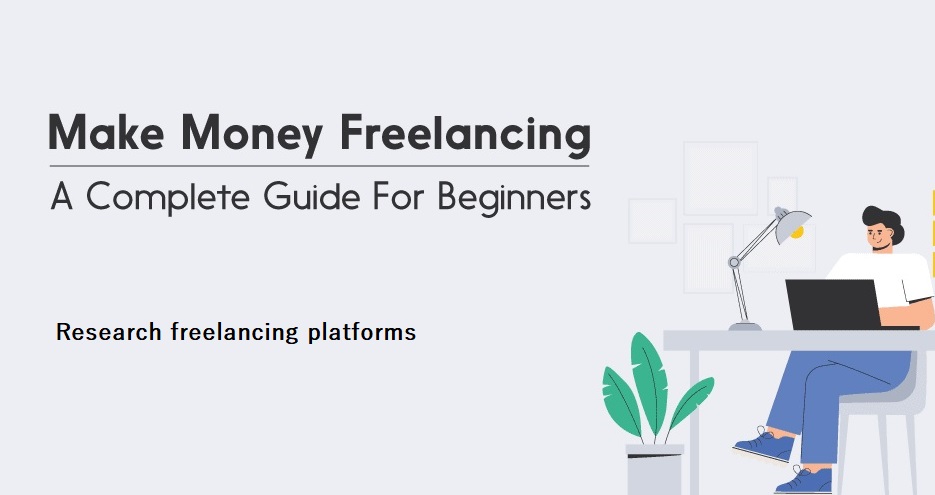Freelancing - Research freelancing platforms
Explore freelancing platforms such as Upwork, Freelancer, Fiverr, or specialized platforms in your niche. Research each platform's features, user reviews, fees, and the types of services they offer. Select one or multiple platforms that align with your skills and target market.

Researching freelancing platforms is an essential step in finding the right platform(s) that align with your skills and target market. Here's how you can approach it:
Explore popular freelancing platforms: Start by exploring well-known freelancing platforms such as Upwork, Freelancer, and Fiverr. These platforms have a large user base and offer a wide range of services across various industries. Additionally, consider specialized platforms that cater specifically to your niche or industry.
Review platform features: Take the time to review the features and functionalities of each platform. Consider aspects such as profile customization options, project management tools, communication features, dispute resolution mechanisms, and payment systems. Look for platforms that offer features that are important to you and can support your freelancing needs.
Read user reviews and ratings: Look for user reviews and ratings of the platforms you are interested in. These reviews can provide valuable insights into the user experience, payment reliability, customer support, and overall satisfaction with the platform. Pay attention to both positive and negative reviews to get a balanced perspective.
Consider platform fees and pricing structure: Evaluate the fee structures of the platforms. Some platforms charge a percentage-based fee on your earnings, while others may have a membership or subscription fee. Compare the fee structures and consider how they may impact your profitability. Take note of any additional charges or transaction fees as well.
Assess the types of services offered: Review the categories and types of services offered on each platform. Ensure that your desired services align with the platform's focus and that there is a demand for your skills within their user base. Consider platforms that have active projects and a steady flow of job postings in your niche.
Evaluate platform reputation and credibility: Look for platforms with a good reputation and a history of providing a reliable and secure environment for freelancers and clients. Check for any news articles, industry awards, or certifications that highlight the credibility of the platform. Consider platforms that have a strong track record and positive industry recognition.
Seek recommendations and insights: Reach out to fellow freelancers, colleagues, or industry professionals who have experience with freelancing platforms. Ask for their recommendations and insights based on their personal experiences. Their firsthand knowledge can provide valuable guidance in selecting the right platform(s) for your freelancing career.
Consider multiple platforms: Depending on your skills and target market, it may be beneficial to sign up for multiple platforms. This allows you to diversify your client base and access a wider range of opportunities. However, ensure that you can manage multiple platforms effectively without compromising the quality of your work or your ability to meet deadlines.
By thoroughly researching freelancing platforms, you can make an informed decision and select the platform(s) that best suit your needs, skills, and target market. Remember that each platform has its own strengths and weaknesses, so it's important to choose the one(s) that align with your goals and offer the best opportunities for your freelancing career.
